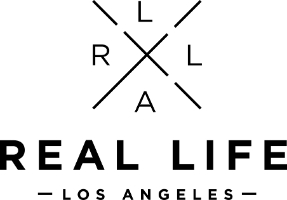U.S. Supreme Court rules in Moyer v. Peabody that a governor and officers of a state National Guard may imprison anyone—in the case at hand, striking miners in Colorado—without probable cause “in a time of insurrection” and deny the person the right of appeal - 1909
 "Take This Job and Shove It," by Johnny Paycheck, is listed by Billboard magazine as the most popular song in the U.S. - 1978
"Take This Job and Shove It," by Johnny Paycheck, is listed by Billboard magazine as the most popular song in the U.S. - 1978(Stayin' Alive: The 1970s and the Last Days of the Working Class is a remarkable account of how working-class America hit the rocks in the political and economic upheavals of the 1970s.)
January 19
Twenty strikers at the American Agricultural Chemical Co. in Roosevelt, N.J., were shot, two fatally, by factory guards. They and other strikers had stopped an incoming train in search of scabs when the guards opened fire - 1915
Some 3,000 members of the Filipino Federation of Labor strike the plantations of Oahu, Hawaii. Their ranks swell to 8,300 as they are joined by members of the Japanese Federation of Labor - 1920

Yuba City, Calif., labor contractor Juan V. Corona found guilty of murdering 25 itinerant farm workers he employed during 1970 and 1971 - 1973
Bruce Springsteen makes an unannounced appearance at a benefit for laid-off 3M workers, Asbury Park, N.J. - 1986
January 17

Radical labor organizer and anarchist Lucy Parsons leads hunger march in Chicago; IWW songwriter Ralph Chaplin wrote "Solidarity Forever" for the march - 1915
President John F. Kennedy signs Executive Order 10988, guaranteeing federal workers the right to join unions and bargain collectively - 1962







No comments:
Post a Comment